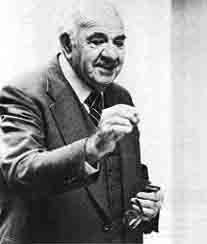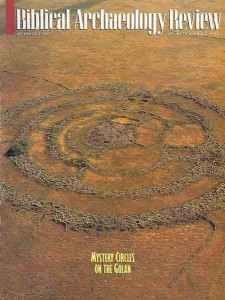
It was about noon, Thursday, July 1, 1954. My wife and I had just seen our two sons off for their summer in Vermont. Our car was packed for a fortnight’s trip to Toronto, my wife was already seated in the car and I was locking the door when the telephone rang. We looked at each other: should I answer? We were impatient to get away, but after the third or fourth ring, I went back inside.
It was Yigael Yadin, speaking from the office of Avraham Harman, Consul-General of Israel in New York City. I must come over to the consulate at once, he said. What could be so important that only I could perform the service? Was I needed for some military action, I asked facetiously [typical Orlinsky humor—Ed.]. It was more important than that, Yadin declared. I asked for a minute or two to talk it over with my wife. Together we decided that if Israel needed me, we had no choice.
When I reached the Israeli Consulate, Harman and Yadin were waiting impatiently. The matter, they said, concerned the Dead Sea Scrolls.
Exactly a month earlier, Monty Jacobs, the (London) Jewish Chronicle staff correspondent in New York, had been told by an American colleague that he had seen a small announcement tucked away in the advertising columns of the Wall Street Journal. Under the heading “Miscellaneous for Sale,” among scores of other commercial and business advertisements, was a small two-inch paragraph. The advertisement ran:
Already a library member? Log in here.
Institution user? Log in with your IP address.

